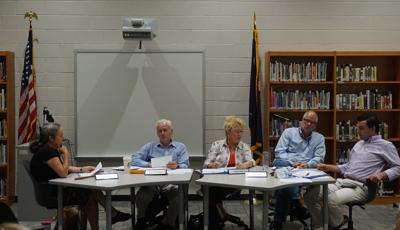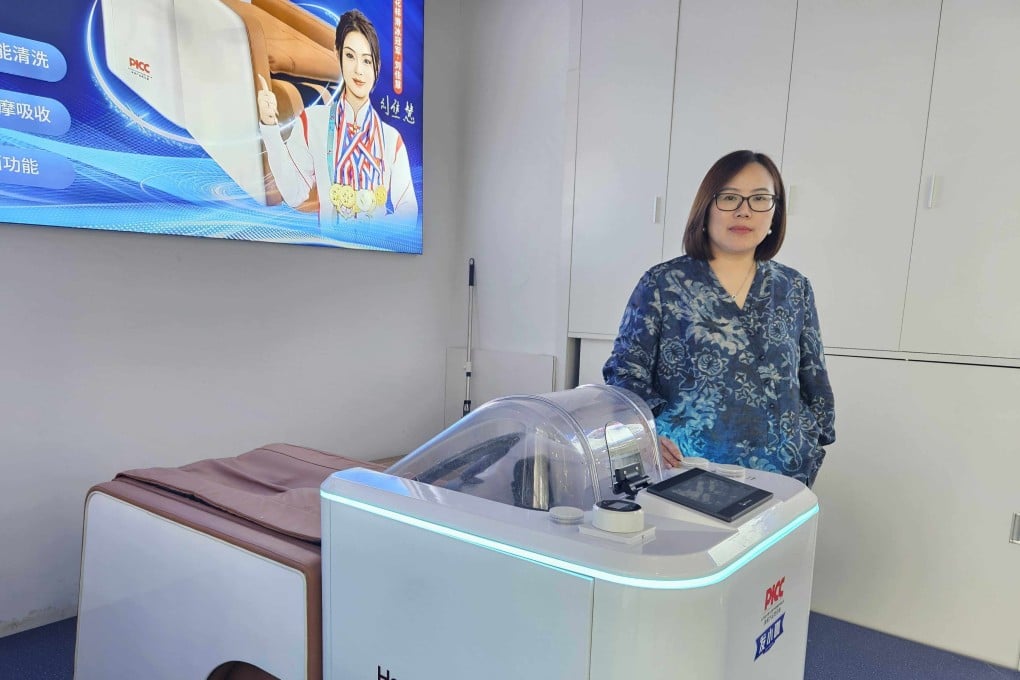Charleston County’s constituent school boards, anachronisms that have persisted despite eroded oversight powers, bureaucratic confusion and an origin story rooted in the Lowcountry’s segregated past, soon will cease to exist. Gov. Henry McMaster signed a bill late April 28 that eliminates the county’s eight constituent boards and transfers their powers to the centralized Charleston County School Board.
The change takes effect July 1. Education Lab The Post and Courier’s Education Lab focuses on issues and policies affecting South Carolina’s education system. It is supported by donations and grants to the nonprofit Public Service and Investigative Fund, whose contributors are subject to the same coverage we apply to everyone else.

For more information and to donate, go to postandcourierfund.com . The constituent boards were formed 60 years ago when schools across the county were consolidated into one district in an effort to distribute tax revenues more equitably.
They might have been abolished then, but a compromise was struck after local residents and civic leaders argued that they served an important purpose. As a consequence, they remained in place as advocates for local (often rural) priorities and defenders of local interests, though their governing capabilities had been curtailed. In recent years, their elected members have considered student transfer requests, set attendance zones and administered student discipline.
Over the decades, officials have debated whether to maintain the constituent boards, but no restructuring had ensued — until now. In February, House Rep. Joe Bustos, R-Mount Pleasant, filed a bill to officially eliminate them.
The bill soon garnered support from district administrators, several principals, teachers and parents, who argued that internal dysfunction among board members and district staff, as well as inequities in disciplinary actions , made management of Charleston County School District affairs unnecessarily unwieldy. Still, some defended the current system, arguing that the boards play a critical advocacy role that local communities would not otherwise have. George Tempel, constituent board member for District 3, called the loss of the boards “tragic,” as vulnerable students will lose a critical community voice to advocate on their behalf, he said.
Tempel added he found it arrogant that the legislative delegation sought to dismantle members of a public body that Charleston County residents elected. Future plans Anita Huggins, Charleston County School District superintendent, said at a press conference April 29 that district staff will work with principals to create a plan to assume the duties of the constituent boards and present it to the district's centralized board at a committee-of-the-whole meeting on May 12. "We are tremendously grateful for the service that these nearly 60 officials have provided," Huggins said.
"We believe they all got into this work because they wanted what was good for kids and their communities, and we've appreciated that many of them have served in this role for decades." The constituent boards had been proposed after the district consolidation bill got stuck in the Legislature in 1967. Many lawmakers and school officials still were avoiding, or trying to delay, desegregation.
Two of the eight original districts were predominantly white, and their members, unenthusiastic about changing the demographics, wanted to maintain some control. As time went on, the constituent boards were seen by many African Americans and rural residents as a necessary vestige of an outdated bureaucratic structure because of their ability to draw attention to hyper-local priorities and push for equitable financing. But in recent years, alleged corruption, along with the confusion inherent in the only such decentralized legacy system in the country, turned the tide.
Rodney Lewis, a long-time constituent school board member and chair of the D-10-West Ashley board, said the school district will need to take the proper steps to hear all student cases fairly, adding that his board handled hundreds of discipline cases last year, on top of school transfers. "Logistically, I want to see how a panel is going to handle all cases across the board and ensure due process, because that's what we would have to do," he said. It's essential, he said, that students spend as little time out of school as possible before bringing them back or placing them in one of the alternative programs.
Huggins said she believes the district is well-equipped to assume the duties associated with the constituent boards. The district will ensure families and community members stay engaged in the process of making student discipline and transfers a more equitable process, she said. District officials said constituent boards' administrative costs were about $630,000 for fiscal year 2025, including overhead costs for running meetings, salaries for district leadership liaisons and the $20 stipends board members receive per meeting.
With the dissolution of the boards, the district will save around $300,000 since it still has to account for the costs of hiring officers to join hearing panels, he said. District staff members are crafting a plan, Huggins said. They might create hearing panels rather than have a single officer handle disciplinary cases.
Those panels potentially could include community members, she said. "I'm not 100 percent sure, but this has been a part of discussions about what that will look like with principals and internally with senior staff," Huggins said..
Technology

Gov. McMaster signs bill to abolish Charleston County constituent school boards

The bill takes effect July 1. It eliminates the eight constituent boards and transfers their powers to the centralized Charleston County School Board.















